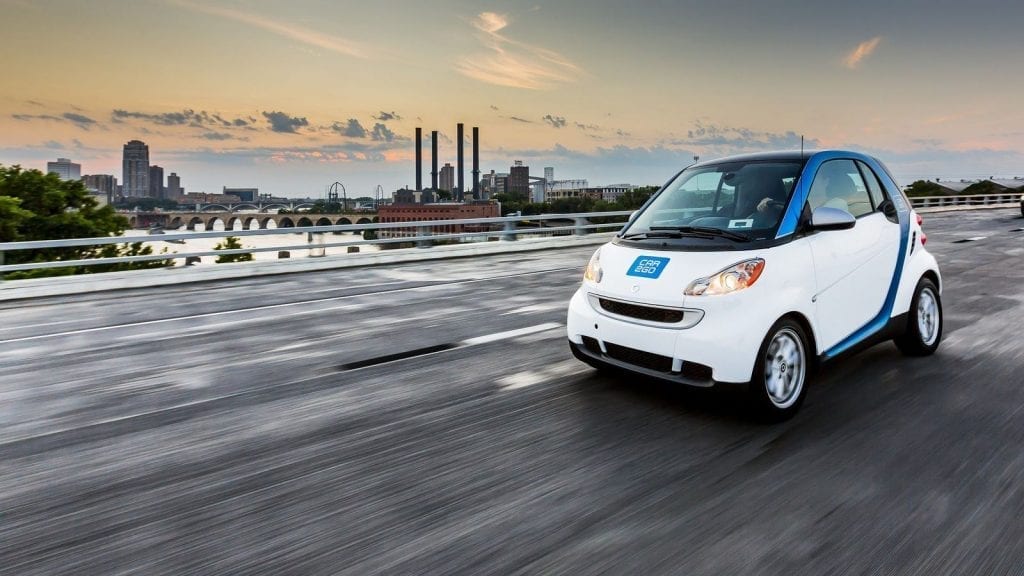
At Argentus, we try to stay on top of technological developments from workplace automation to 3D printing. We pay close attention to the technologies that could potentially affect your Supply Chain and its related disciplines.
The supply chain is intimately connected to increased globalization and technological progress, regarding transportation and hard goods technology and software. This is a fast-evolving field.
It is exciting for a professional working in this field. A person can expect their skills and knowledge to evolve and grow over the years as changes occur in the Supply Chain technology field. There is a huge potential for professional growth.
The self-driving car is one of the emerging technologies that have gotten a lot of hype in recent years. Google announced, in 2011, that this technology, due to the growing sophistication of GPS, camera, and computer navigation technologies, was within its grasp. The self-driving car is a technological advance people have been envisioning for most of the 20th century.
Apple jumped into the game quickly, setting a 2019 target date for shipping its first self-driving car. With this technology being closer than ever, many analysts began looking at the implications a driverless car would have on automotive liability, and safety. People wondered how a self-driving car would affect various industries.
There are also concerns about the job prospects for a massive number of truck drivers. There are 3.5 million truck drivers in the U.S. alone. Many people are wondering, what impact driverless cars and trucks will have in the field of logistics in general?
Some speculate that self-driving vehicles will reduce the demand for truck drivers. However, they see an increased need for service providers (3PLs) and logistics planners. Would there be an increase in opportunities for advantages in Supply Chain strategic and efficiency?
To get a handle on this trend and how it could impact the Logistics field, DHL, the express logistics leader commissioned a report on the topic.
According to the report from Intelligent Car Leasing, automated driving offers a few key benefits:
Safety will improve due to a reduction in driver error.
Having fewer vehicles on the road will lower the environmental impact of these vehicles and reduce fuel consumption.
Driver rest time would be eliminated so trucks could travel 24/7 and traffic flow would be increased which would offer higher efficiency.
The report states that autonomous driving could reduce the cost of freight by up to 40% per kilometer.
This technology’s impact on logistics alone could be staggering. DHL reports that there is a strong case to suggest that self-driving vehicles will be adopted by the logistics industry faster than other industries.
This technology will probably initially be used in private and secure environments like open-air sites and warehouses. The Logistics field will adopt this technology sooner than other because, according to the report, liability issues are less of a consideration for vehicles carrying freight rather than people.
Based on the report’s findings, the core areas of Logistics that will be impacted by this technology are:
Warehouse Operations, including autonomous loading technologies, auto pallet movers, and assisted order picking.
Line Haul Transportation, including convoys with one live driver in the front and assisted highways trucking. The driver would have oversight of the autonomous vehicles following their vehicle.
Last-mile delivery, which is the least predictable part of the journey. According to the report, this is the most visionary application of autonomous vehicles. Advances in self-driving vehicles can improve and transform last-mile delivery using parcel station loading, self-driving parcel and shared car technologies.
Most likely, the near-future outcome of these advances will be some type of hybrid. Control of the vehicle will remain in the hands of a driver, but automation technologies will help with the driving process. This would allow the logistic industry to experience the gains noted above. This said according to Fircroft, autonomous trucks have been impressive.
Some vehicle manufacturers have already embraced this hybrid approach. Vehicles already have come from these technologies, including adaptive cruise control, which requires some human attention. A number of logistics service providers have already begun to deploy transportation systems that are partially automated.